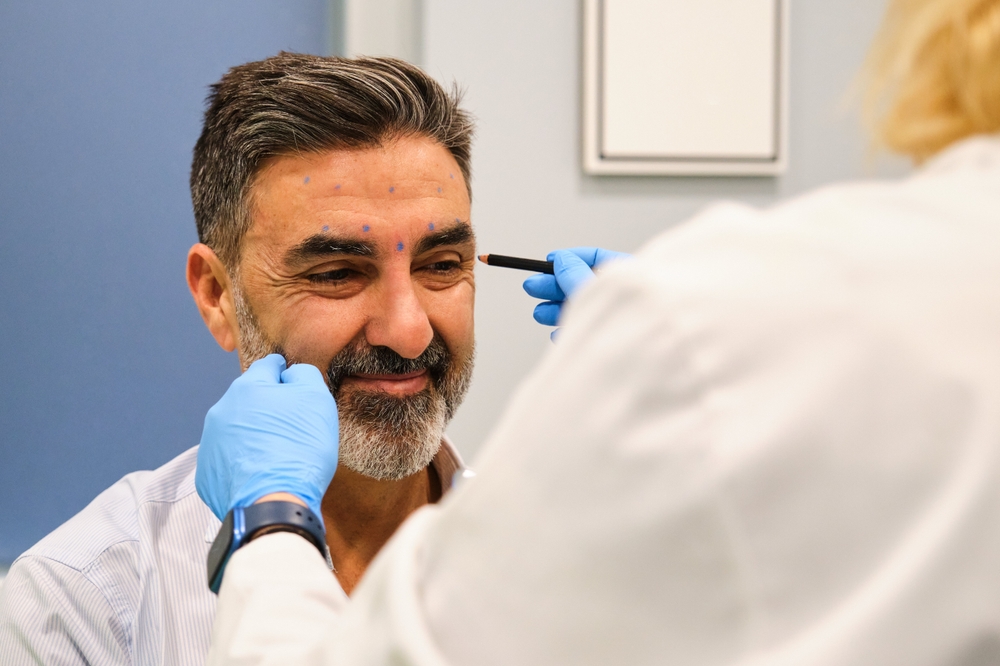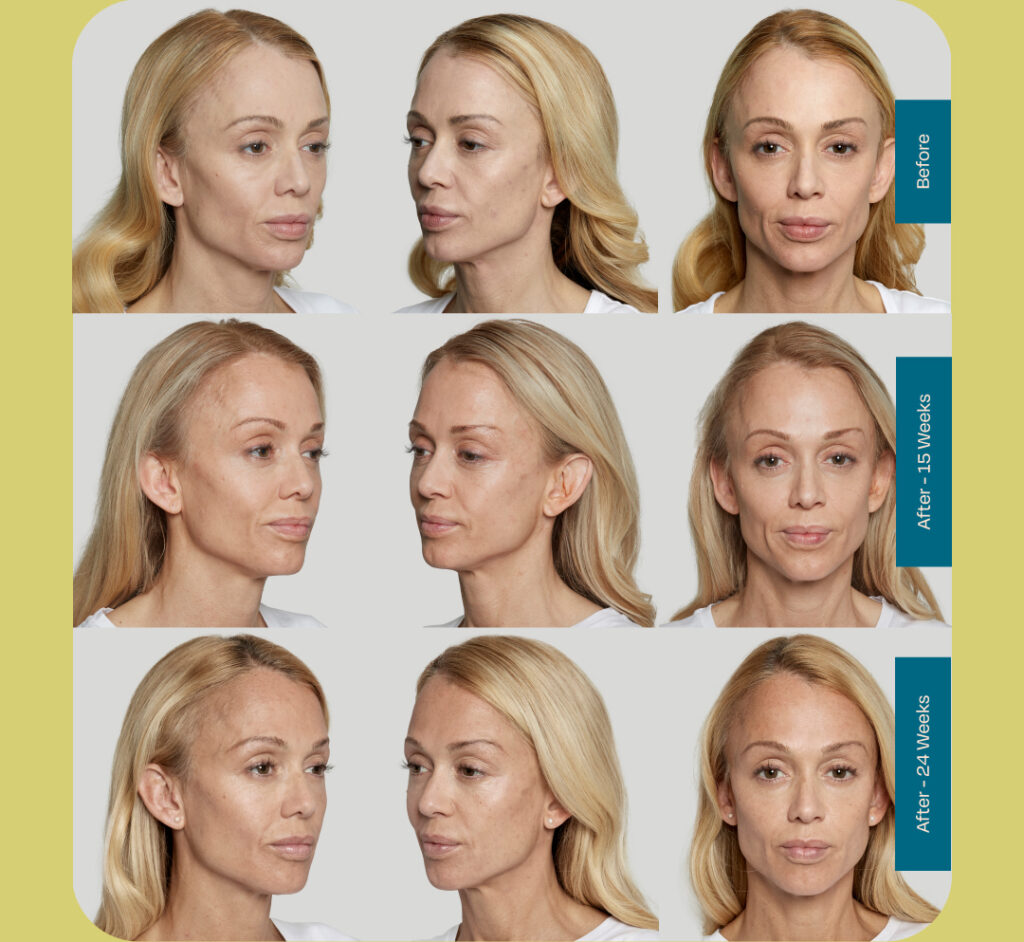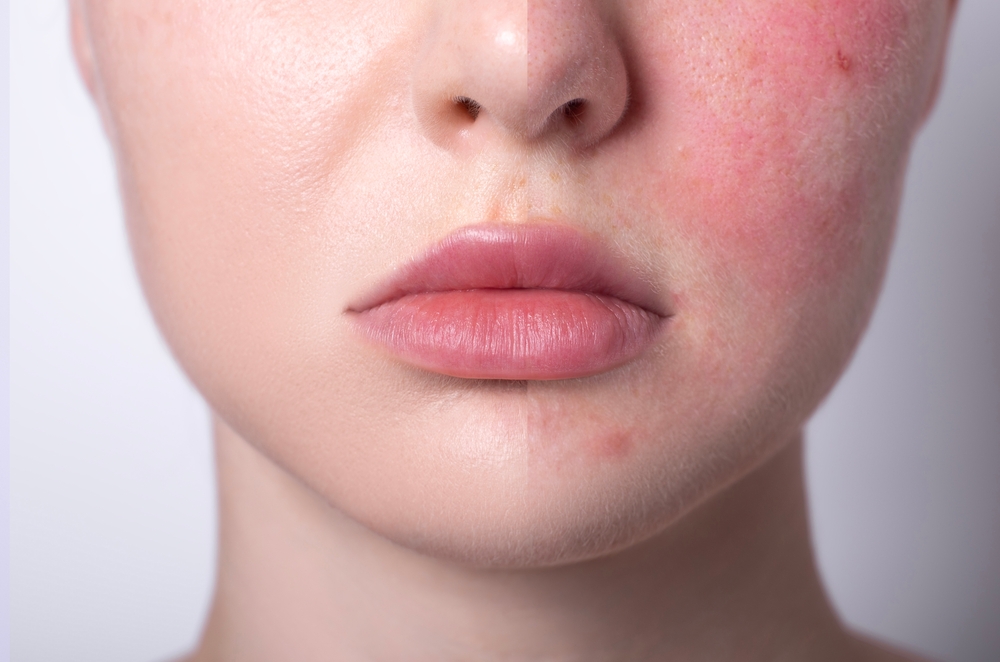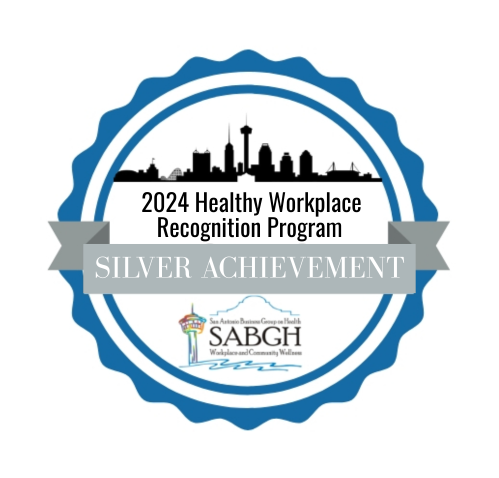Top 10 lists are fun if they’re on The Late Show, but typically not so much if they relate to you from a negative health perspective. So, when a list of top-selling drugs for a given year comes out, it’s best not to have one or more that are included on it sitting on a shelf in your home!
Most of our patients have goals to reduce or eliminate the need for their medications when they come to our office to try and improve their health. Now in certain cases that may not be realistic, but many times ones for diabetes, reflux, blood pressure and other “non-critical” conditions have the potential to be a thing of the past if the body responds favorably to the changes being made. Not only does that become a cost savings and less chemical stress on the body, but it also means that the body has gotten healthier in the process!
But getting back to the list, here are the 10 largest selling medications in 2016 (and yes, those are in BILLION-dollar sales!):
| 1. Humira (autoimmune) | $13.6 billion | |
| 2. Harvoni (hepatitis c) | $10.0 billion | |
| 3. Enbrel (autoimmune) | $7.4 billion | |
| 4. Lantus (diabetes) | $5.7 billion | |
| 5. Remicade (autoimmune) | $5.3 billion | |
| 6. Januvia (diabetes) | $4.8 billion | |
| 7. Advair Diskus (asthma/COPD) | $4.7 billion | |
| 8. Lyrica (pain) | $4.4 billion | |
| 9. Crestor (cholesterol) | $4.2 billion | |
| 10. Neulasta (post-chemo) | $4.2 billion |
Outside of sales figures, Levothyroxine (hypothyroid) was the most commonly prescribed drug with 123 million prescriptions. The total number of all prescriptions dispensed in 2016 hit 4.4 billion! Staggering!
Hopefully you can look at this list and be thankful if you’re not contributing to the astronomical statistics. But if you find that one or more are part of your daily regimen, you may want to consider some daily changes that could lessen your necessity for some of them. At least 4 of these (#’s 4,6,8,9) could be considered “lifestyle-driven” (read that as self-inflicted…). Therefore, when certain bad habits and/or daily practices are eliminated, and the body is given the proper help and support it needs to get healthier, the need for those meds can frequently be eliminated. We see it all the time in our office.
Also of note is that 3 of the top 5 drugs are for autoimmune conditions, most commonly rheumatoid arthritis, ulcerative colitis, Crohn’s and a few others. Many times, patients with autoimmune conditions are given medications to help alleviate their symptoms, but are not educated on exactly how an autoimmune condition affects their body. Many don’t understand that there is no cure for having autoimmunity, or that if the body is allowed to remain in an unhealthy state, a second or third autoimmune condition can develop as well.
In these cases, we strive to help the patient understand the nature of autoimmunity, where reducing the number of stressors to the body and mind will help keep the patient in a more consistent remissive state where there is less symptom flare-ups of their condition(s). Having an autoimmune condition is like having a fireplace inside the body; the goal is to keep it where there are just smoldering embers (and the body is asymptomatic), and not in the blazing fire stage where symptoms are at their worst.
So, if you’re looking for ways other than just medications to try and make improvements to your health, we invite you to schedule for a Discovery Day with our office. We can sit and discuss any health challenges you’re currently facing and see how best we can help you get from “here to there” on your health journey!
And hopefully keep you off the undesirable top ten lists.
















